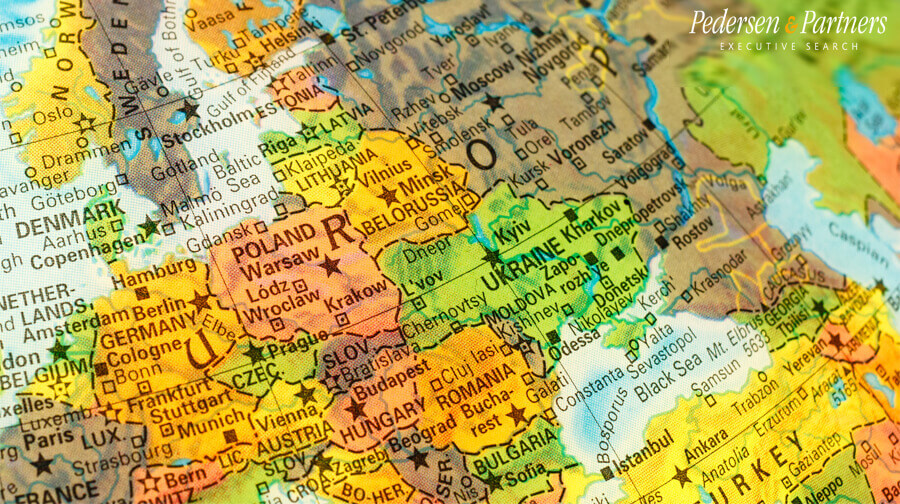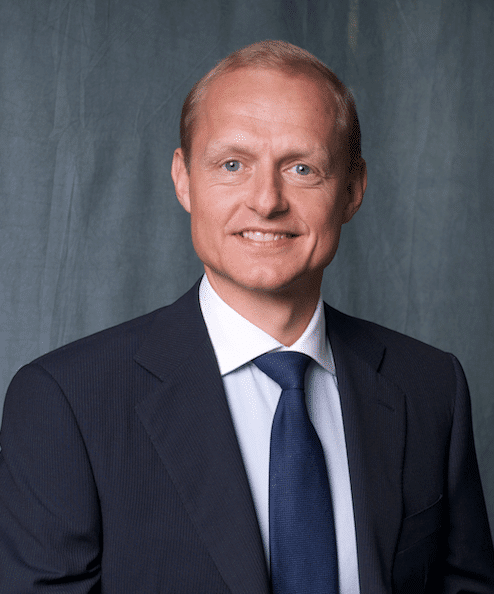A quarter-century of Private Equity in CEE: what have we learned?
Prague, Czech Republic – At a recent annual event organised jointly by Pedersen & Partners and the law firm CMS, over 150 participants marked the 25th anniversary of the Private Equity (PE) industry in Central and Eastern Europe.

They discussed the evolution of Private Equity in CEE following the fall of the communist regimes, and the trends that have been observed throughout the years. The audience included senior decision-makers from Private Equity funds, Asset Managers, Venture Capital funds, Investment Banks, Development Finance Institutions, family offices and corporate investors.
The most important industry developments over the last 25 years can be summarised as follows:
- The importance of PE in facilitating the transition of CEE to a market economy, the strengthening of national economies and the introduction of Western corporate governance standards for many local companies. PE has been instrumental in adding value and improving overall efficiency.
- In the early days, international financial institutions helped global funds achieve most of the deals, and even recruited the support of foreign governments in raising funds for investment in CEE countries. They attracted third-party investors and advised on the most investor-friendly structures.
- CEE-specific funds were initially modest by global standards (up to EUR 50m), but had reached EUR 250m by the end of 2000s. The financial crisis brought a degree of caution to CEE investment, with total PE investment in CEE peaking at over EUR 2.4 bn in 2008. As the crisis subsided, investors from economies such as Asia and the Middle East began to show renewed interest in CEE. CEE investment has not yet returned to pre-2008 levels, but continues to rise steadily.
- Local professionals have stepped up and replaced most of the foreign executives who were brought in to optimise the post-Communist companies. Central European executives have swiftly adopted Western techniques, and recruitment options have been diversified, moving away from the talent shortage that was seen in the early years.
- CEE can boast relatively strong oversight and control, a disciplined inflation environment and steady growth in consumer spending power and rapidly improving living standards. These attributes serve as reassuring factors when convincing investors of the stability and security of their CEE investments.
Moving forward, we can predict several major CEE Private Equity industry trends for the next few years:
- The economic environment and relatively weak competition will secure the delivery of returns on investment.
- The CEE PE industry continues to diversify in terms of fund specialisation and deal size. Many local and regional players are starting to specialise or focus on specific sectors, a development which raises standards and ensures a balanced interest in a diversified portfolio of deals.
- CEE-focused PE investors face increasing competition from global funds for the large deals in the region, although globally-focused investors will remain moderately active.
- Many deals are still comparatively small on a global scale, and of little interest to global investors. International financial institutions like EBRD will continue to play a role, and will continue to help create a sustainable PE industry in the CEE countries that lack investor support.
- Investment holdings and family offices will gain importance in the industry. As they are under less pressure to return their funds to their LPs, they can use the profits for their own development.
Pedersen & Partners has conducted searches for CEE Private Equity funds for 16 years; in other words, during most of the sector’s existence. While the early years were marked by heavy recruitment at fund management level, portfolio searches dominate today. 85% of the CEE searches within Pedersen & Partners' Private Equity practice are at the portfolio level and 15% at the fund management level. Within the portfolio segment, 90% of searches are for executive leaders and 10% for non-executive leaders.
Poul Pedersen is the founder and Managing Partner of Pedersen & Partners. He is also in charge of the Private Equity and Venture Capital Practice and the Financial Services Practice. Mr. Pedersen has conducted Executive Search assignments since 1995 and has completed over 700 searches. He has also written numerous articles and has spoken on leadership issues at conferences. Previously Mr. Pedersen was a Managing Director for a manufacturing company in the Czech Republic owned by the A. P. Moller Group, prior to that he worked for eight years with KPMG in Copenhagen and Brussels.
Pedersen & Partners is a leading international Executive Search firm. We operate 56 wholly owned offices in 52 countries across Europe, the Middle East, Africa, Asia & the Americas. Our values Trust, Relationship and Professionalism apply to our interaction with clients as well as executives. More information about Pedersen & Partners is available at www.pedersenandpartners.com
If you would like to conduct an interview with a representative of Pedersen & Partners, or have other media-related requests, please contact: Diana Danu, Marketing and Communications Manager at: diana.danu@pedersenandpartners.com

